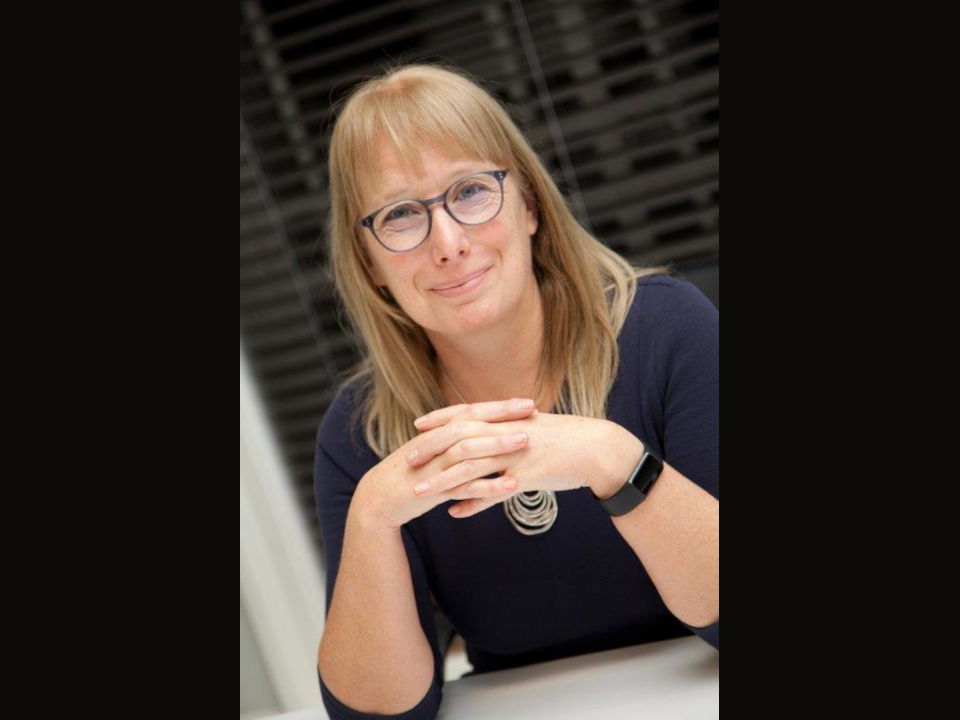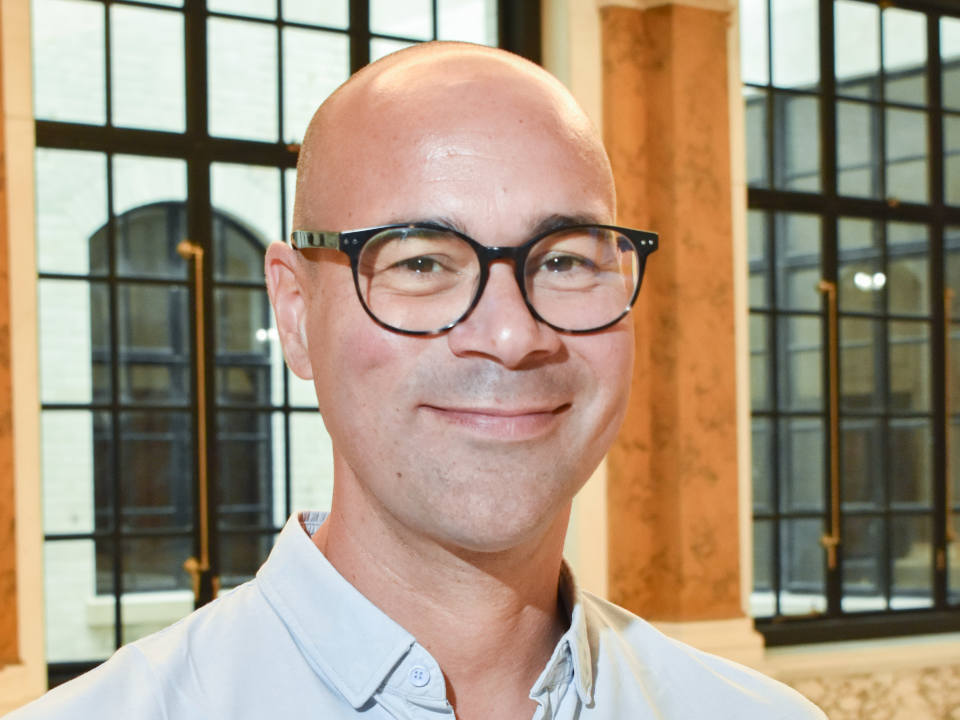
Sukriti Sen
ADCS Elected Director
Director of Children and Education Services, Coventry City Council
As we celebrate National Storytelling Week, it is a timely reminder for us all to ponder on what value stories hold in our lives. For me they are immeasurable, as they provide a platform for how I make sense of the world and importantly have shaped who I am. For most children growing up in stable family homes, stories are woven through interactions, traditions and memories. When I think of my own childhood, I remember the stories my family told me, the time when I syringed water into the ears of my baby brother while playing ‘doctors and nurses’, the stories from my mother of her life in Bangladesh before coming to England in 1966, how I got the scar above my right eye and many more. These stories helped to enhance my sense of belonging and my identity. But what are the stories told of our children in care?
In the TED talk by the author Chimamanda Ngozi Adichie, she talks about the danger of a single story, how stories and stereotypes perpetuate in history and continue from generation to generation and impact whole communities, religions and people. For children in care, the weight of a story told by others is huge, one that is fragmented and retold multiple times through the lens of people who may have only known them briefly or a society who have already pre-judged and stigmatised them for being in the ‘care system’. Pause for a second and consider your story being written by people who barely knew you? How would that make you feel?
The storytelling for many of our children in care, is not one that is empowering or promotes success. When a child’s narrative is one where they only hear that they are ‘difficult’, ‘disruptive or ‘challenging’, they begin to believe that’s who and all they are. A ‘self-fulfilling prophecy’ that can have far reaching consequences on their self-worth, mental health, ability to build relationships, and secure employment…BUT what if through the adversity, we gave them the opportunity, to see things differently? The belief and hope to see themselves as creative, brave, kind and funny…we can all imagine and open our minds to the possibilities this could harness, can we not?
We know that our children in care often don’t have a consistent person in their lives to hold their memories or pass down family stories, the things that we take for granted in our own lives. Pieces of their lives are lost between ‘placement’ moves, changes of social workers and moving between schools. The moments that should remind them of who they are, like the acts of kindness they showed another child, their musical accomplishments, and the timelines of what happened when, where and in which home, become hazy and unclear….
Life story work can be a powerful tool to help our children in care reclaim their narratives – an opportunity, when done well, to help them understand their past and make sense of their journey. However, do we privilege the time and investment that every child deserves to own their story?
As carers, teachers, social workers, professionals and communities, our duties and responsibilities should not be about writing the story for them from information written in case files, reports, or shaped by labels, but to give children in care the right mediums, be it a phone, video or pictures, to express their voice – and for us all to stand beside them as we tell their story together.
This National Storytelling Week, I hope we remember that stories are more than words, more than a process, they’re part of our identity as we all move from childhood to adulthood and beyond.





